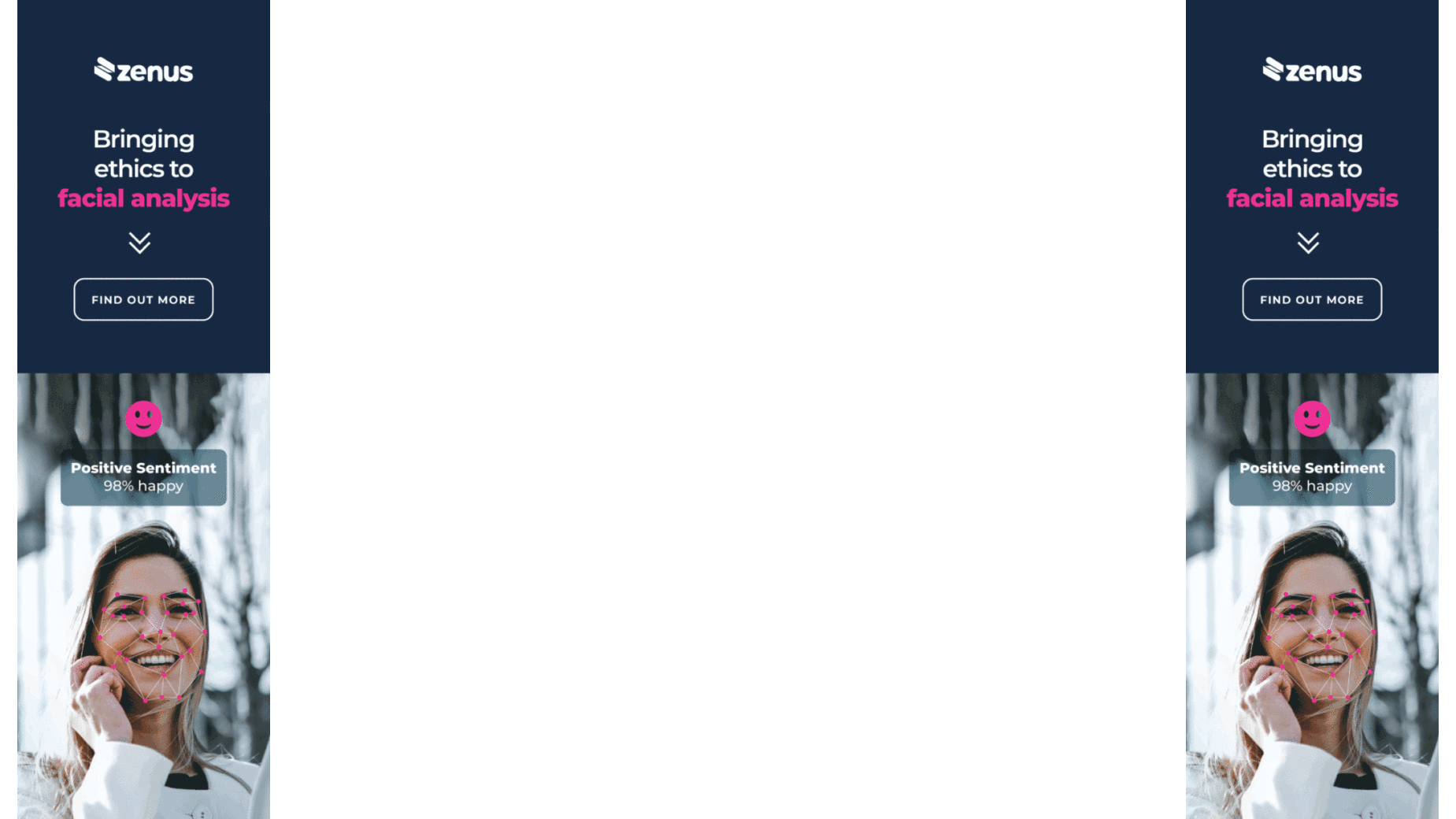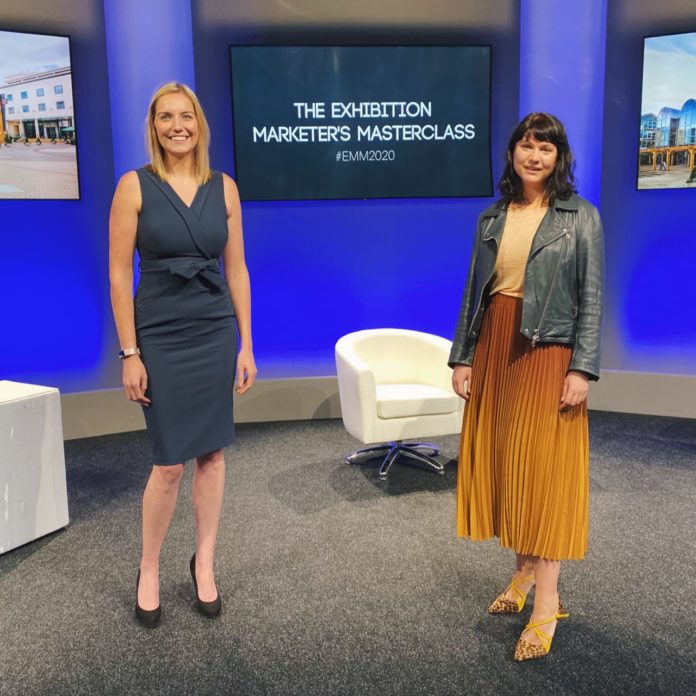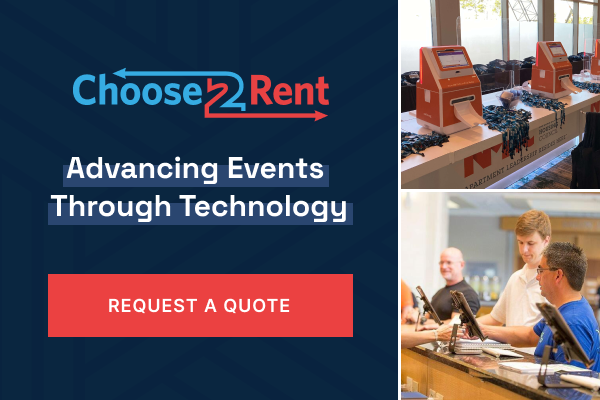52eight3’s Exhibition Marketer’s Masterclass – lessons learnt in pivoting unexpectedly from live to digital
In October 2020, 52eight3, a Sussex based marketing agency based, hosted our Exhibition Marketer’s Masterclass, a one-day event designed to provide a greater depth of commercial awareness for marketers.
With less than a month to go, with a venue booked and sponsors onboard, the decision had to be taken to move the masterclass online. This created a new set of challenges for us and, as for many other this year, we found ourselves on an unexpected learning curve.
We’d like to share some of our experiences and lessons learnt so that others can host a great digital event too when they had perhaps not planned on doing so.
- Don’t underestimate the project management skills required
Going digital is by no-means an easy option. There is much to think about and do and we hugely benefited from having a project manager for the deliverables. With the additional restrictions and guidelines required to be COVID-safe, we had already sought the skills of The Shaper Group and when evolving into the digital, we retained their services to help us deliver the event and thank goodness we did. As with a live show, a huge amount of the success is dependent on bringing a great ops professional on board, it’s a small investment that pays dividends. - Seek out technical teams with experience
Make sure you have a great technical crew. We were in good hands at Aztec Studios in Chessington and First Sight Media for streaming and our event went incredibly smoothly due to their extensive technical experience and expertise. Being used to the live event, we leant heavily on their technical knowledge and guidance were able to have interactive engagement with the audience by giving them the opportunity to ask the speakers questions in real time and the speakers respond.
We also attended the studios the day before to have a dress rehearsal – it’s important to familiarise your speakers with the live set.
We did experience some slight delay in starting the day due to a last-minute technical glitch with the microphone which was quickly identified and resolved. In hindsight, a member of the team could have been party to the production team feed in order to communicate with the waiting audience. Definitely a learn for next time. - Prepare your speakers
Being from the events industry, our speakers were attuned to the changing landscape of the live events and were braced for last minute changes in format. In short – they were ready, flexible and prepared to adapt.
This might not be the case for your speakers, and you may have to handhold them through the process a little more.
About half of our speakers were able to reach the studios and appear live with the host. We would have loved to have delivered each session from the studio but unfortunately it just wasn’t possible (one speaker was self-isolating). The dynamic of offering multiple locations particularly in the panel discussion allowed us to be more inclusive and meant we were still able to deliver our fantastic programme. Roughly the other half of speakers were able to seamlessly dial-in. In our opinion, having speakers in a mix of locations varied the presentation and brought the variety of topics that we wanted to cover to the event and allowed us to have some speakers who wouldn’t have been able to take an entire day to attend.
We ensured our speakers knew how to either reach us at the studios or were familiar with the broadcast technology before the event began, so there were not hitches during the live broadcast of the event. - Have a good host
Katie had previous experience in facilitating live and broadcast meetings and was confident and professional in this role on the day. It really is best to ensure you have a host who is comfortable linking sections together, as well as introducing and concluding the event. Energy, enthusiasm and confidence are the name of the game! - Use the opportunity to gather data and create engagement
Holding our event online allowed us to monitor audience engagement in real time. The technology allowed us to see how many attendees logged on to each session, how long they stayed and whether they remained to hear the next speaker. Although this is different from ‘seeing the whites’ of our audience’s eye, it did allow Katie to pose audience questions to the speakers and respond to feedback between speakers. - Communicate with your attendees and speakers as you would for a live event
We sent out pre-event emails with all the joining instructions as normal. As with a live event, we also used social media – Instagram, LinkedIn and Twitter – to promote our masterclass, prior to and during the event. We took the decision to move our event online very late in the planning but kept the attendees who had already signed up informed throughout the process, hopefully not leaving a vacuum for any doubt or confusion.
When we didn’t have all the answers around how the event would be delivered we tried to be open and reassure attendees that we would be in touch by a certain date. Our learning would be that in instances of change you can never overcommunicate with those signed up for events and would perhaps include a few more “stand by for more news” comms along the way.
We also tried to be as upfront and open as was possible in an evolving situation with our sponsors. We were very grateful that Tag Digital and the Business Design Centre continued to support us and readjusted sponsorship packages to suit the new event. We honoured what we could and evolved our original offering and we ensured we used their branding at the digital event to still give them exposure.
***
This year has been a challenge for many and although there has been a concerted effort to embrace technology, it is an imperfect tool for our human need to interact in person. We were delighted that our masterclass received feedback describing it as ‘an impressive example of how to do virtual events exceptionally’ and hope sharing our experience will allow others to learn and benefit from our insights.










